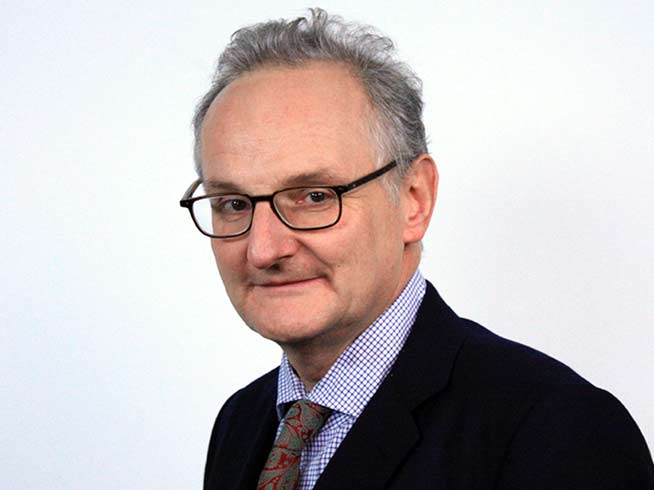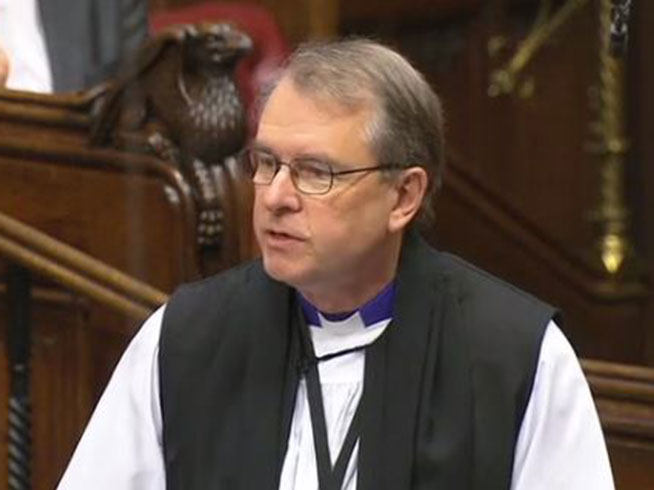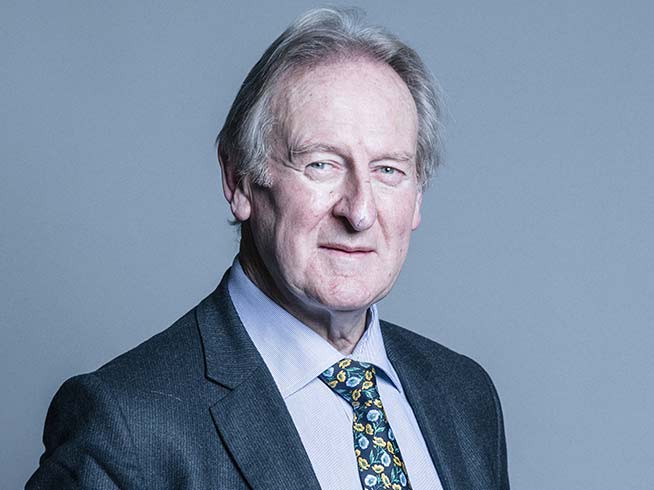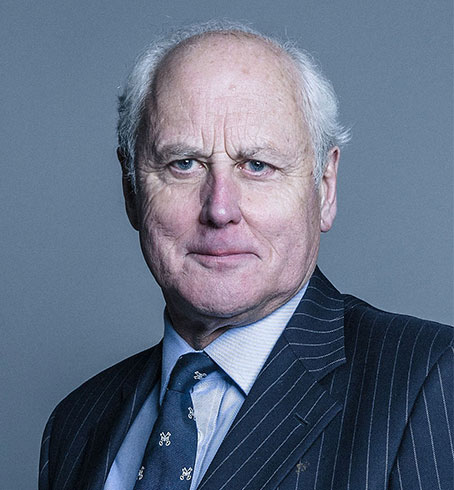The House of Lords voted to approve , after an evening debate on 24 April, the landmark law on Relationships and Sex Education (RSE) that will fundamentally change how schoolchildren, from the age of four, are taught sex education in England.
Lord Agnew presented a motion to approve the new RSE regulations and statutory guidance commending them as “a significant step that will equip children and young people … to lead safe, healthy and happy lives in modern Britain.”

The peer thanked the Secondary Legislation Scrutiny Committee for its thorough consideration and report on the 430 letters sent by members of the public expressing deep concerns about the law. Lord Farmer later mentioned that many had made it clear that they were Christians and their concerns arose from their religious belief.
The largest volume of correspondence sent to Lords’ Committee in living memory
Lord Hodgson, a member of the Scrutiny Committee said, “In all the years I have served … there has never been the volume of outside representation that we received on this occasion … of the more than 400 contributors there were people who had serious concerns, and it would not be right for us to ride roughshod over them in the interests of not addressing their concerns fairly.”
Lord Curry said that his great concern about the law was also reflected in the size of his own mailbox. He noted not one of the 430 letters to the Scrutiny Committee had voiced uncritical support for the law but their concerns appear to have been ignored.
Lord McCrea also thought it seemed “strange” that the government has downplayed the high number of “thought-provoking” responses.
Overwhelming concerns about erosion of parents’ rights
“We should not be undermining the influence of parents,” warned Lord Curry, adding that the overwhelming theme of the letters he had received was the erosion of parents’ rights.
During the polarised but low-key debate, Lord Farmer and others also noted the widespread concern about weakening the long-established right of parents to “educate their own children on matters such as relationships and sexual health”. He added, “The assumption seems to be growing that it is the state which educates children, assisted by parents.”

The Bishop of Durham drew attention to the important matter of child development and the need to carefully assess what is appropriate to teach children at “vulnerable ages”. “Why cannot parents’ decision regarding what is appropriate for their children be respected?” he asked.
Others support rights downgrade and want law to go even further
On the other hand, Baroness Deech strongly welcomed the law and cautioned that teachers will need protection from “blinkered and bigoted” parents and school governors. She thought it was even “a matter of regret” that parents will still be able to withdraw children from sex education up to the three terms before their sixteenth birthday.

However, as Baroness Meyer pointed out, the law actually downgrades parents’ previous right to choose whether their children are taught sex education classes to only a “right to request [our emphasis]” to withdraw their child from lessons.
Lord Cashman, founder of Stonewall, heartily commended the government on the new regulations, emphasising that he supports having “no opt out” for the relationships element of the curriculum and adding that it will mean all children will be educated about sexual abuse and LGBT bullying. The Labour peer called for HIV and sexual health to become core elements of the RSE curriculum.
Stonewall tweeted shortly after the vote, “This is a huge step forwards for LGBT-inclusive education.”
Head teachers can veto withdrawal requests

Lord Curry, among others, expressed misgivings that head teachers will be able to veto parents’ requests to withdraw their children from sex lessons, in “exceptional circumstances”. Several peers criticised the vagueness of the guidance, which fails to specify what such circumstances might be.
The crossbench peer warned that if parents’ rights were diminished in principle, schools would be less likely to take parents’ feedback seriously and could simply override their concerns.
Lord Curry also spoke out for teachers who may find themselves in an “impossible situation” if asked to teach in a way that contradicts their faith or beliefs.
Many peers called for detailed reporting to parliament over the next few years to assess the impact of the law as these very significant changes are rolled out in schools.
Blurring lines between sex education and relationships education
The Bishop of Durham, Paul Butler said, “relationships matter” particularly our “relationship with God”. He was glad that sex education would still be optional in primary schools, but deeply concerned that relationships education would now be compulsory.
The Bishop spoke of the risk of “blurring” the teaching of sex education and relationships education and urged that “great care” should be taken to avoid inappropriate sex education being given to very young children in the guise of relationships lessons.
Lord Hodgson highlighted his and the Scrutiny Committee’s concern that relationships education and sex education will “morph into each other”. He urged the House to note the Scrutiny Committee’s recommendation to “ask the Minister for a fuller explanation of the interrelationship between these two subject areas”.

Parents may have even greater influence on schools' RSE policies under new rules
Several peers made a strong case for the importance of schools to closely consult with parents on the RSE curriculum and maintain a high level of transparency about the content of lessons.
Surprisingly, under the new law, despite diminished rights to opt out children, parents may have even more say about what is taught to children and how it is taught.
Provided parents stay involved and engage fully in the discussion options open to them, they may actually have greater influence on schools’ RSE policy than under the previous regulations.
Barnabas Fund will follow up soon with guidance on how parents can closely influence schools’ policies on teaching and content for relationships and sex education classes.
Barnabas Fund would like to warmly thank all our supporters who made the House of Lords debate possible by writing to the Secondary Legislation Scrutiny Committee.

